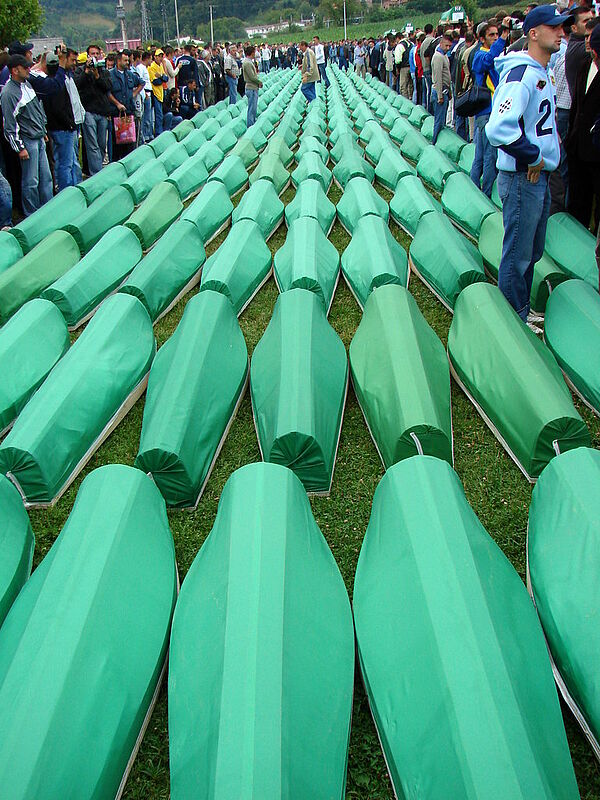The stories bones tell. Collaboration between forensic teams and victims’ relatives in the interpretation and ritual accompaniment of human remains in GuatemalaFootnote
This article focuses on the collaborative practices between forensic experts and victims’ relatives through the exhumation process in Guatemala. In a context where there is still no real recognition of the victims by the state, and no national common narrative about the violence of the armed conflict, exhumations have been developed in the framework of transitional justice, as a tool for victim recognition as well as historical clarification. In a post-political violence context, the exhumation process produces knowledge and narratives about the past, through the scientific analysis of human remains as material evidence, the collection of testimony, and shared stories. Based on extensive ethnographic work conducted with civil society actors involved in exhumations, this article focuses on the dynamics of production and coexistence of scientific and subjective forms of interpretation of the remains, as well as scientific and ceremonial practices of treatment of the remains. We will question how different regimes of truth coexist around the interpretation of the bones, and how forensics scientists and victims’ relatives collaborate to produce them. Read more

